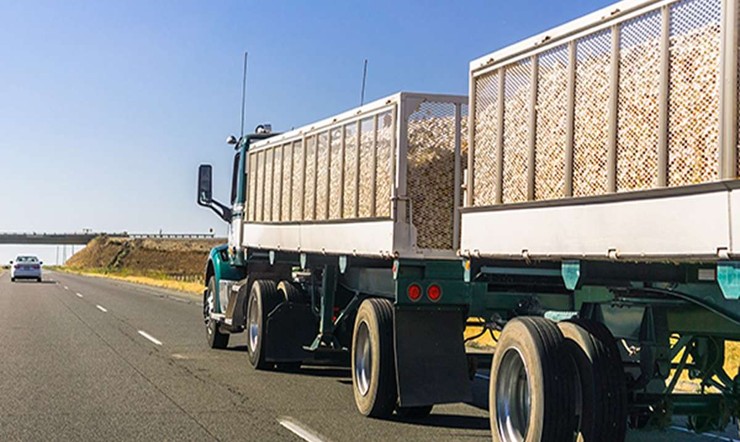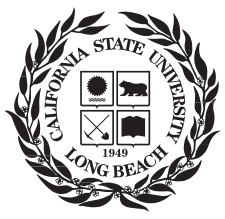Impacts of Agriculture Supply Chains on Roads & Bridges
A recent study published by California State University, Long Beach (CSULB) examines which California routes are the most heavily impacted by agricultural goods movements.
Agriculture is a significant contributor to national, state, and regional economies. In 2020, California generated approximately $49.1B in agricultural cash receipts, comprising 13.7% of the nation. During the same year, agricultural production and processing industries accounted for 2.8% of the state's gross domestic product.
Historically, large amounts of agricultural produce were transported by rail. However in the 20th century, many rail lines consolidated and agricultural goods movement shifted to trucks. This shift resulted in a need for improved roadways and bridges to accommodate heavy trucks and equipment, however little or no research existed on the associated impacts of agriculture-related heavy commodity transport and highway impacts.
Research Objectives:
- Examine the historical context of California's agriculture production and transportation networks used in moving products to domestic and international markets
- Identify and document key farm-to-market routes/corridors and determine metrics that could influence funding, design, construction, and maintenance of ag-dependent highways and intermodal connections
- Explore policies and best practices for assessing farm-to-market network resiliency
- Develop a template and case studies for how recommended performance metrics could be applied to future statewide freight plans
Cal State Long Beach
The California State University at Long Beach (CSULB) is one of the largest public research universities in the state by enrollment, boasting a student body of 38,273 for the fall 2022 semester.
Launching over 5,500 graduates as of fall 2022, the university also enrolls one of the largest graduate student populations in the state of California.

